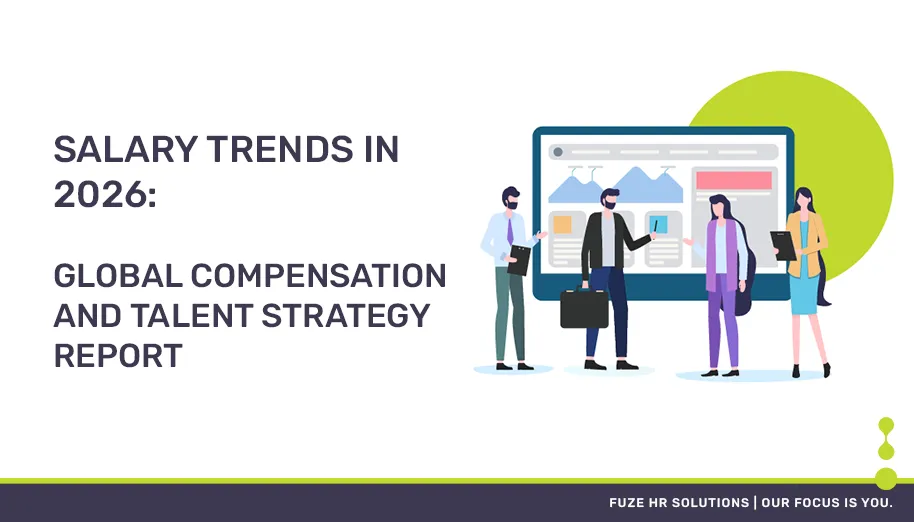Millenials are starting to emerge into the job market. Their mindset and skills sets differ quite a bit from the baby boomers and Gen X-ers. Employers can’t attract the best young candidates with yesterday’s recruiting methods. You will need to get to know these ambitious individuals before you hit them.
Who are these millennials?
They are kids who are born in between 1989-2002. As of the year of 2017, they are around the age of 26. This generation is digital-savvy, ambitious and social job seekers. According to Monster, companies might need to revisit their recruiting strategy. It has been estimated that millennials will compromise 50-75% of the job market in 10 years. Some of them are already entering the job market right now. With this huge shift of demographic, companies will need to start to adapt if they haven’t.
Here are the main characteristics of millennials and why they differ from old generations:
Ambition and Values come first, money comes second.
The millennials approach their careers differently than the older generations. Their top priority is to look for a company to foster innovation and contribution to the society instead of having a stable paycheck. “To attract ad retain talent, companies need to show Millenials it is innovative and in tune with their world-view,” said Barry Salzberg, CEO of Deloitte Touch Tohmatsu Limited. Millenials would actually value more on growth and advancement.
They are learners and they want to grow.
Millenials are aggressive ambitious individuals and they seek experience as much as possible. Employers and manager will need to understand the personal and professional goals of millennials. It is ideal to give them assignments that have a frequent rotation to give them a sense of advancement. They like to be challenged by projects that could stimulate their creativity or could encourage them to use new ways to do things. They have the tendency to work overseas because to gain better experience and advancement. This could be a good potential resource for businesses that are focusing on global growth.
Millenials like to advance in a faster paste.
Usually, career advancements are measured by seniority and time of services, but millennials don’t think that way. Millenials like to work in a fast paste environment. They want advancement much quicker and they value results over security than older generations who are accustomed to. In results, at times they feel frustrated for working up the career ladder.
Millenials need flexibilities.
This generation is the type who needs clear instructions and a concrete target. If you give them a deadline, what is the big deal of the process to get the task done? Or would it matter if they work in a coffee shop or somewhere else that could make them more productive? Millenials likes to complete tasks in their own way or not being micromanaged. They will deliver the job on time, and you wouldn’t need to worry too much about the process.
They have an entrepreneurial spirit.
The older generations were extremely monogamous about their careers. Since millennials are aggressive ambitious individuals, they are risk takers and more entrepreneurial. According to Deloitte survey, 70% of the Millennials envision working for themselves at some point during their careers. Considering that the population demographic will occupy a big part of the job market, traditional companies might be threaten by this.
Last but not least, be prepared to be interviewed.
It is fairly easy for these tech-savvy individuals to do a full research on the position, the interviewer and the company just by a few clicks on the internet or other resources. Therefore, the companies are under pressure to maintain their positive reputations and that they are able to publicly demonstrate their productive, equitable and progressive work environment. Recruiters will need to cater to this knowledge and need to expect the interview will be a two-way street.
Be prepared, the wave of ambitious youth will flood the job market soon. Companies will need to start working on a plan to accommodate to this changes.






